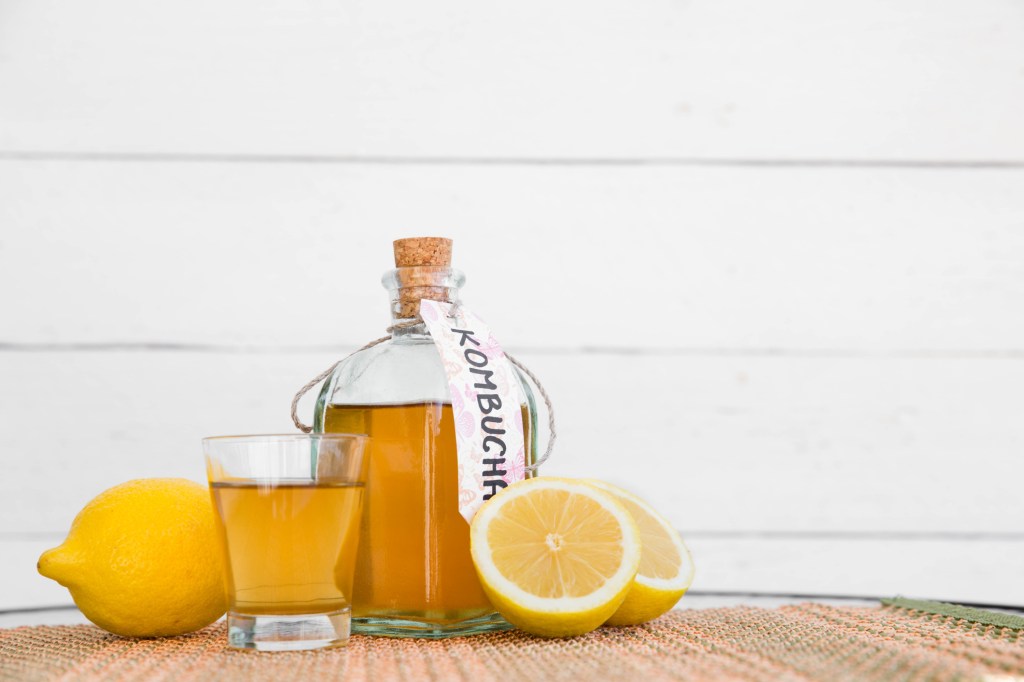A recent study has suggested fermented soft drinks such as kombucha and kefir could pose a risk to unsuspecting drinkers who think they are consuming an alcohol-free product, prompting calls for changes to labelling and safety information.
Kombucha is made by fermenting tea, and alcohol is formed during the fermentation process, but it’s commonly believed to be at such negligible volumes the drink is essentially non-alcoholic.
However, a study of fermented soft drink products sold in Australia in 2017 and 2018 has found a significant number contained more than 1.15 per cent alcohol, which in a 350ml bottle equates to almost one-third of a standard drink, or about half a light beer.
The study, led by Victoria’s Department of Health and Human Services as part of a committee advising Food Standards Australia and New Zealand (FSANZ), involved the collection and testing of 239 samples of fermented drinks in NSW, Victoria, Queensland, South Australia and Tasmania.
Of the 132 kombucha samples collected almost 65 per cent contained more than 0.5 per cent alcohol and more than 22 per cent had an alcohol content above 1.15 per cent.
Of the 43 water-based kefir products tested, more than 73 per cent contained more than 0.5 per cent alcohol and half of those were above 1.15 per cent.
Kombucha maker, Nexba, have announced their support for the FSAN guidelines which they say ‘are well established, endorsed by health professionals and provide robust safeguards for the public. FSANZ regulations have a long held and consistent position of a maximum of 0.5% alcohol by volume, with anything above this level otherwise requiring products to be clearly labelled as containing alcohol. The 0.5% level is endorsed by health professionals.’
Nexba Co-founder and CEO, Troy Douglas, said that what was important was that all producers in this beverage category do the work to make sure they live up to them. “Nexba has always complied with this guidance, to the point that Nexba products are manufactured with a max alcohol range of 0.1% to 0.2%,” said Douglas.
“We monitor this at the level of every fermentation batch, so anything that goes over this level is immediately eliminated. This includes taking into account anything that happens to a product sitting on the shelf,” Douglas said. “Which is why Nexba goes to the trouble of ensuring there’s no further fermentation possible.”
“We believe there is no need to change labels, laws or claims – provided everyone in the business does their bit and plays by the rules.”
Under the Australia New Zealand Food Standards Code, drinks containing more than 1.15 per cent alcohol must put the alcohol content on the label, and all beverages containing more than 0.5 per cent alcohol must also be labelled in terms of the number of standard drinks per unit.
In NSW, drinks with 1.15 per cent alcohol by volume (ABV) or above are classified as “liquor” and must comply with the Liquor Act, meaning, among other things, a licence is required for sale and penalties apply for selling to under-18s.

